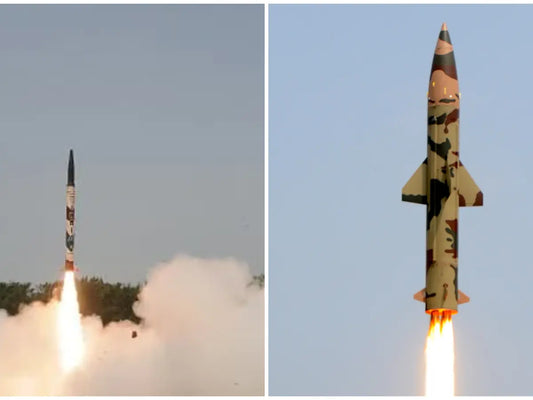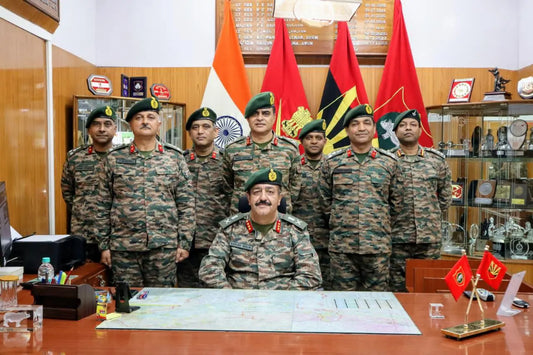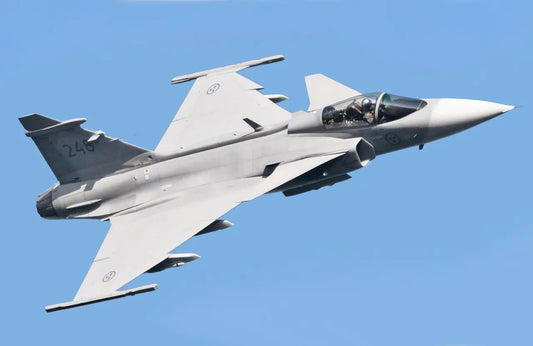Israeli Forces Announce Airstrike Killing Iran's Military Leader Ali Shadmani

The Israeli Defence Forces (IDF) have announced their responsibility for the assassination of Major General Ali Shadmani, Iran's newly appointed top military commander. According to the IDF, Shadmani, who led the Islamic Revolutionary Guard Corps' (IRGC) Khatam-al Anbiya Central Headquarters, was killed in an airstrike in central Tehran overnight.
This attack occurred merely four days after Shadmani was appointed to his position by Iran’s Supreme Leader Ayatollah Ali Khamenei. Shadmani replaced Lt. Gen. Gholamali Rashid, who was killed in a previous Israeli assault. Upon his appointment, Khamenei had commended Shadmani's "meritorious services and valuable experience," elevating him to the rank of Major General.
The IDF identified Shadmani as Iran's highest-ranking military official, referring to him as the "war chief of staff" and a close associate of the Supreme Leader. Israeli intelligence suggests that Shadmani directed both the IRGC and the Iranian Armed Forces, playing a pivotal role in shaping Iran’s military strategies.
In their statement, the IDF claimed that Shadmani significantly influenced Iran’s offensive strategies against Israel. They also alleged that under Shadmani's leadership, the Khatam-al Anbiya Central Headquarters was in charge of managing combat operations and endorsing strategic attack plans.
The IDF's statement emphasized the precision and intelligence behind the strike, noting that this marks the second time in five days they have targeted Iran's wartime chief of staff.
This military action aligns with international support for Israel. During the G7 Summit in Italy, world leaders released a joint statement endorsing Israel’s right to self-defense amidst increasing tensions in the Middle East. The communiqué, issued by Canada, reaffirmed the G7's "commitment to peace and stability" while explicitly supporting "the security of Israel."
Iranian authorities have yet to officially acknowledge Ali Shadmani's death. However, state-affiliated media have not reported on his activities since the alleged strike. Experts caution that this assassination could trigger a strong retaliatory move from Tehran, potentially intensifying the regional conflict.



















